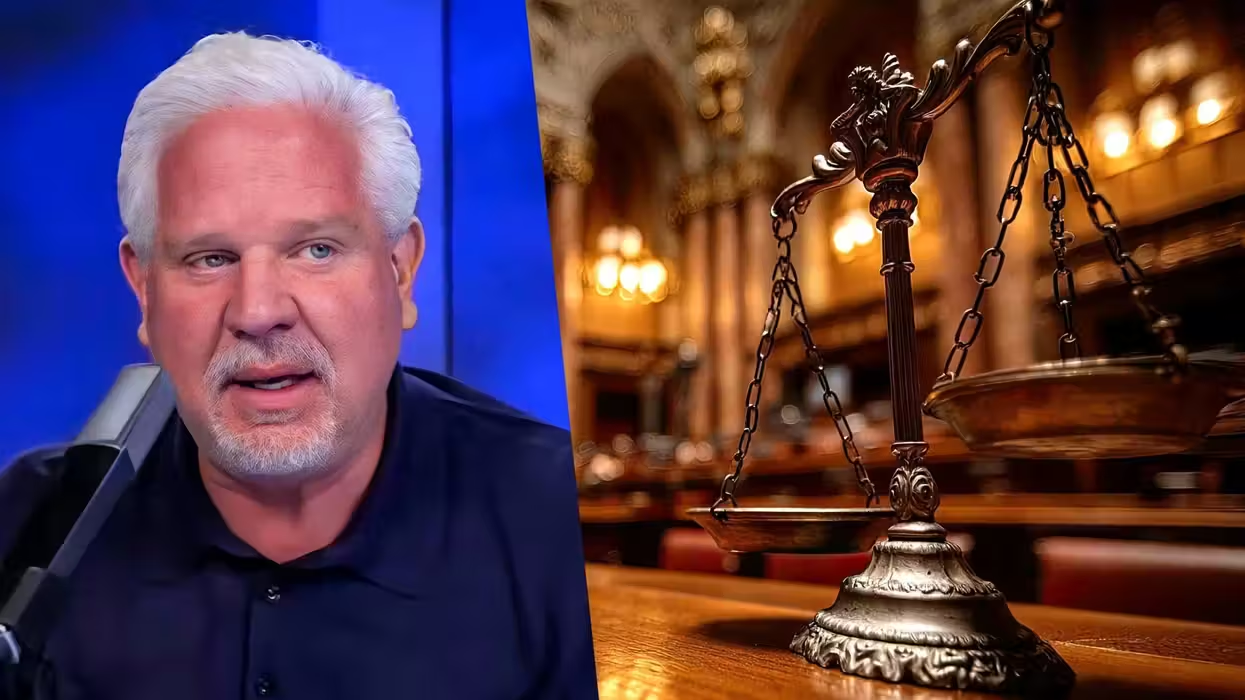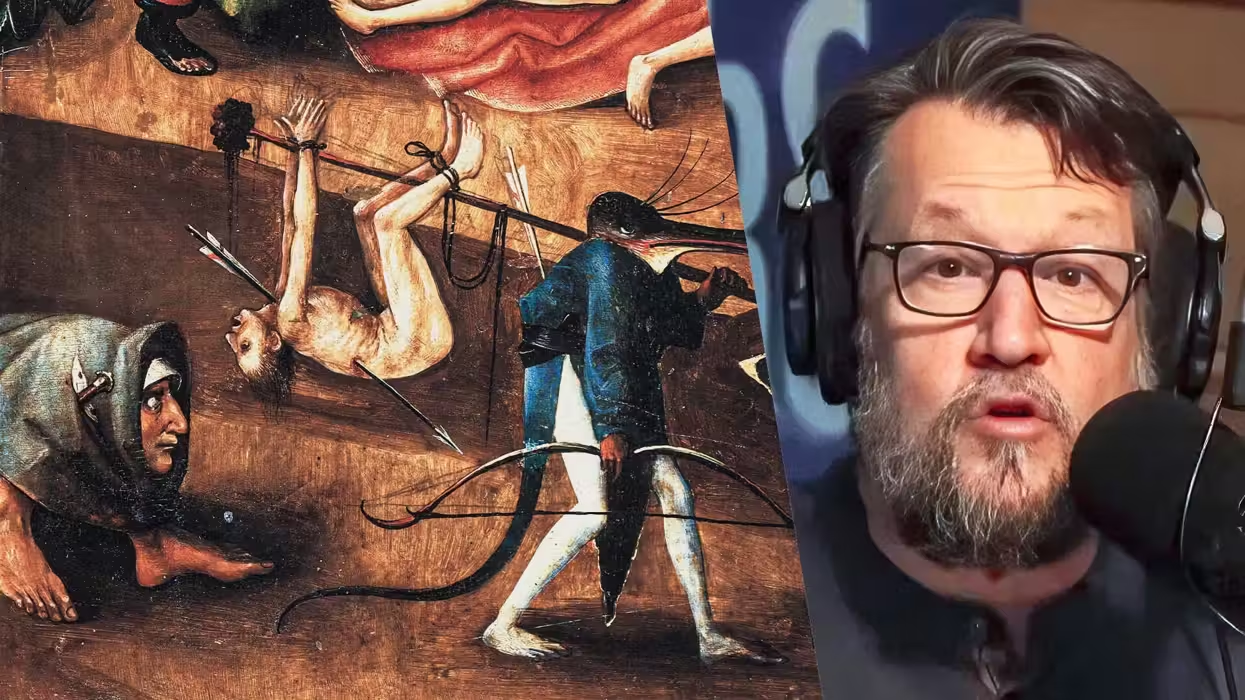
© 2025 Blaze Media LLC. All rights reserved.
[Editor’s note: The following is a crosspost by Catherine Boyle that originally appeared on CNBC.com]:
The United States economy may have been one of the first in the world to have escaped the last recession, but economists are already trying to work out when the next one will hit – and the answer is: probably sooner than you think.
The overwhelming majority of mainstream economists predict that the world's biggest economy should have at least another two years before it runs into six months of negative growth (the official definition of recession). After 2015, however, the date for the next recession could be any time between the end of 2015 to 2018, according to economists' forecasts.
 President Barack Obama speaks on the government shutdown and the budget and debt ceiling debates in Congress during a visit to M. Luis Construction, a construction company in Rockville, Md., Oct. 3, 2013, on the third day of the government shutdown. (AFP/Getty Images)
President Barack Obama speaks on the government shutdown and the budget and debt ceiling debates in Congress during a visit to M. Luis Construction, a construction company in Rockville, Md., Oct. 3, 2013, on the third day of the government shutdown. (AFP/Getty Images)
These predictions are based on the assumption that the U.S. manages to avoid the possibility of defaulting on its debt repayments for the first time in its history -- the prospect of which looms nearer every day as the government shutdown continues.
The U.S. Treasury warned last week that a default could cause a "catastrophic effect on not just financial markets but also on job creation, consumer spending and economic growth".
If default is avoided – and markets seem fairly calm about the prospect – then the U.S. is still on track for a recession in 2016, with a 50 percent chance of recession then, according to a note published Monday from Charles Robertson, global chief economist at Renaissance Capital, the Russia-focused bank.
The U.S. economy last suffered a recession between the end of 2007 and June 2009, a downturn sparked by the global financial crisis.
"Ben Bernanke may be a remarkable man, but we are asking a bit much to assume he has abolished the business cycle and created the nirvana of never-ending growth," Robertson added.
Bernanke, in his capacity as Chairman of the U.S. Federal Reserve, has led an asset purchasing program which has kept U.S. borrowing costs relatively low by buying up government bonds. This has been credited with making the slowdown in growth less severe than it could have been.
However, consumer spending, usually a big driver of growth in the U.S., has not picked up in the way many economists forecast. In September, banks including JP Morgan and Barclays downgraded their forecasts for U.S. gross domestic product growth in the third quarter, after a worse-than-expected retail sales rise of 0.2 percent in August.
American consumers are facing inflation in the cost of services like medical care, and less job security. In August, consumer prices rose by 1.5 per cent annually.
Historical data show a recession in the U.S. on average every 6-7 years since 1947, and double-dips within eight years of big recessions like the Great Depression.
--
RELATED:
- Washington deadlocked
- Pimco Sees 60% Chance of Global Recession in 3-5 Years
- Futures sharply lower as shutdown enters second week
- Top colleges to low income students: We want you
- Fill 'er up! Gas prices in biggest drop since 2012
©2013 CNBC LLC. All Rights Reserved. Catherine Boyle.
Want to leave a tip?
We answer to you. Help keep our content free of advertisers and big tech censorship by leaving a tip today.
Want to join the conversation?
Already a subscriber?
more stories
Sign up for the Blaze newsletter
By signing up, you agree to our Privacy Policy and Terms of Use, and agree to receive content that may sometimes include advertisements. You may opt out at any time.
Related Content
© 2025 Blaze Media LLC. All rights reserved.
Get the stories that matter most delivered directly to your inbox.
By signing up, you agree to our Privacy Policy and Terms of Use, and agree to receive content that may sometimes include advertisements. You may opt out at any time.






